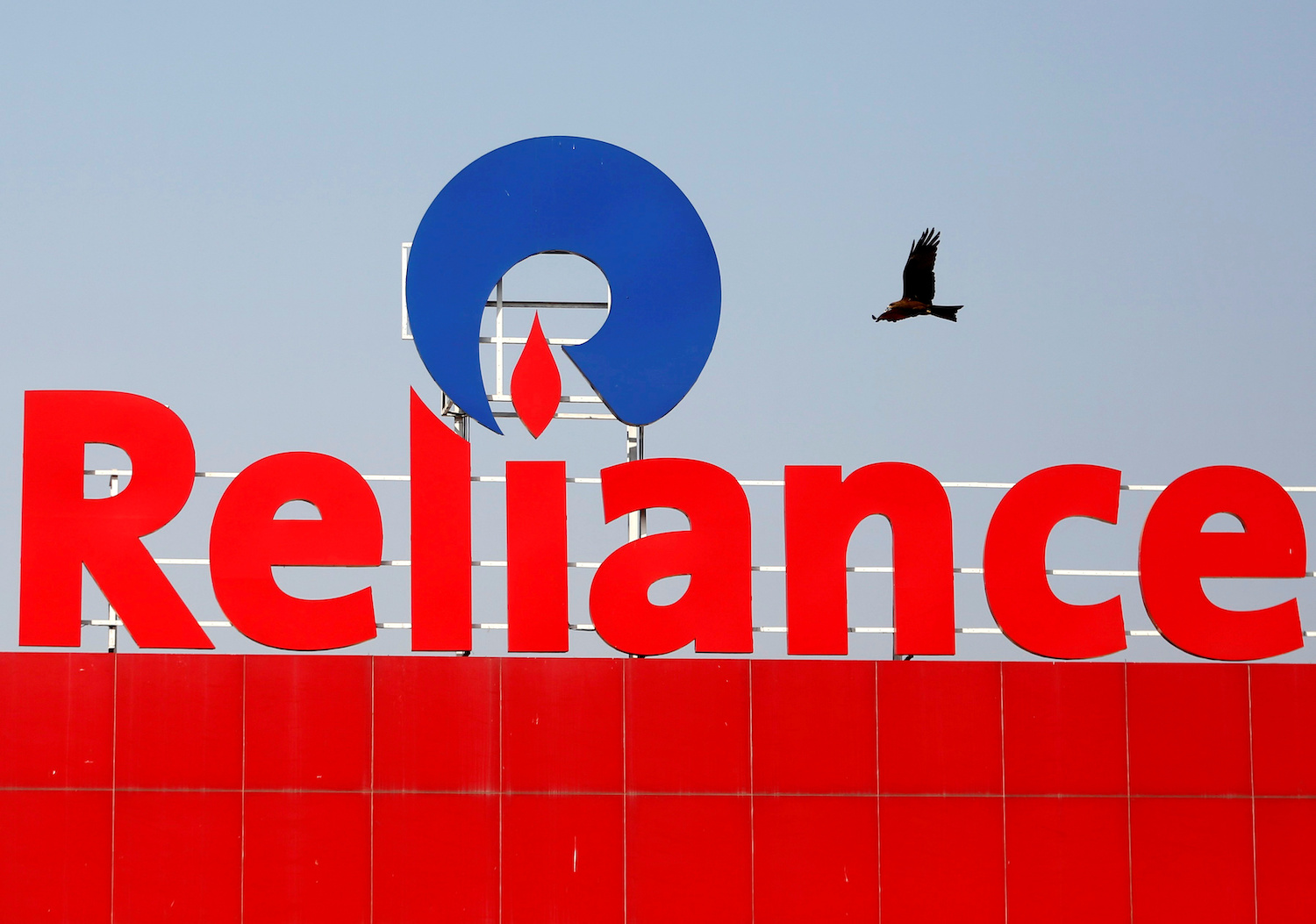(ATF) The flurry of billion-dollar deals in recent weeks by Reliance Industries (RIL) may have mesmerised both global investors and the local stock markets. But analysts say that Mukesh Ambani, RIL’s CMD and its largest shareholder, had little option but to turn to seeking partners for his telecom and retail businesses to fund future growth.
“In these times when many companies are stressed, RIL’s ability to raise funds despite the prevailing global uncertainty, is laudable. The funds would certainly go a long way to help RIL sustain its ambitious growth targets,” Sandip Sabharwal, founder of the equity research firm, asksandipsabharwal.com, told ATF.
“However, it is also worth noting that RIL’s earlier strategy of monetising the petrochemical assets failed due to the global crash in oil prices,” Sabharwal added. “The value of RIL’s petrochemical assets have also declined considerably over the past two years, leaving RIL with little alternative but to monetise telecom and retail, which are the growth businesses of the future.”
READ MORE: Reliance offers India’s growth story to its strategic and tactical investors
Earlier this year, RIL sold nearly 33% of its Jio Platforms’ digital business, netting more than $20 billion from companies including Facebook, Alphabet’s Google, KKR & Co and Silver Lake Partners.
On Wednesday RIL also announced that it sold a 1.75% equity stake in RRVL, the retail arm, to private equity giant Silver Lake for $1bn.
Speculation also abounds that this oil-to-telecoms-retail conglomerate is looking to attract more investors to further monetise its retail assets as the business expands rapidly online to take on the likes of Walmart’s Flipkart and Amazon’s Indian arm.
Stalled Aramco deal
In RIL’s annual general meeting last August, Ambani had announced that he was negotiating a deal with Dhahran, Saudi Arabia-based Saudi Aramco, one of the largest oil companies in the world, for a 20% stake sale in the RIL’s oil and chemicals business for $15bn. That sale would have valued RIL at $75bn.
However, in RIL’s AGM in July, Ambani informed shareholders that due to the unforeseen circumstances in the energy market, the Aramco deal had not progressed as per the original timeline. Its fate remains uncertain.
Aramco president and chief executive Amin Nasser, though, says the deal has been stalled due the impact of crashing crude oil prices on Saudi Aramco’s balance sheet. But it would be signed in future when the situation turns “win-win for both”, he said.
However, analysts also feel that stake sale is facing hurdles due to differences between the two companies regarding RIL’s enterprise value, which has fallen too subsequently.
Bernstein Research for instance, has estimated that RIL’s valuation of $75bn could have fallen to a gross valuation of nearly $57bn in July this year. Crude prices have fallen around 24% so far since August 2019, when the RIL-Aramco deal was first announced.
Unsustainable market cap?
Nevertheless, the Jio and RRVL stake sale has set RIL’s stock on fire. At the end of trading Friday they closed at an all-time high, rising more than 9% over the past two days.
The stock rose more than 94% last year, compared with 4.4% jump in the NIFTY stock index and a 10.7% jump in the NIFTY Energy gauge. That made it the first listed Indian firm to achieve a market capitalisation of more than $200bn.
But “the stake sale (of RRVL) to Silver Lake happened at a valuation lower than street estimates, which was around $70bn. There is no real positive surprise from the RRVL sale then,” Sandip said.
He added that, over the last 10 years, RIL has never generated free cash flows in even a single year, and that compared with marquee companies like TCS or HDFC Bank, RIL’s return on equity (ROE) is in single digits.
“RIL in fact has become a holding company with three businesses – oil and gas, telecom and retail – that, after the expected stake sales in telecom and retail, will end up holding about 60% of telecom and retail and 100% of oil and Gas,” he said.
“As a holding company then, with future cash flows still uncertain (since telecom and retail businesses are still evolving) the valuation of $200 billion is difficult to sustain,” he added.
- Additional reporting by Reuters
























